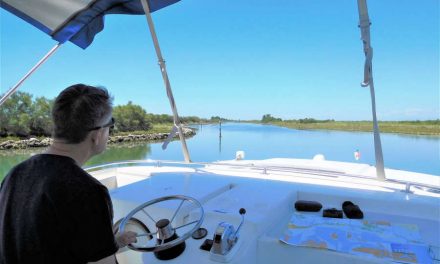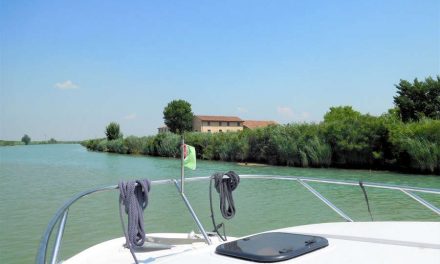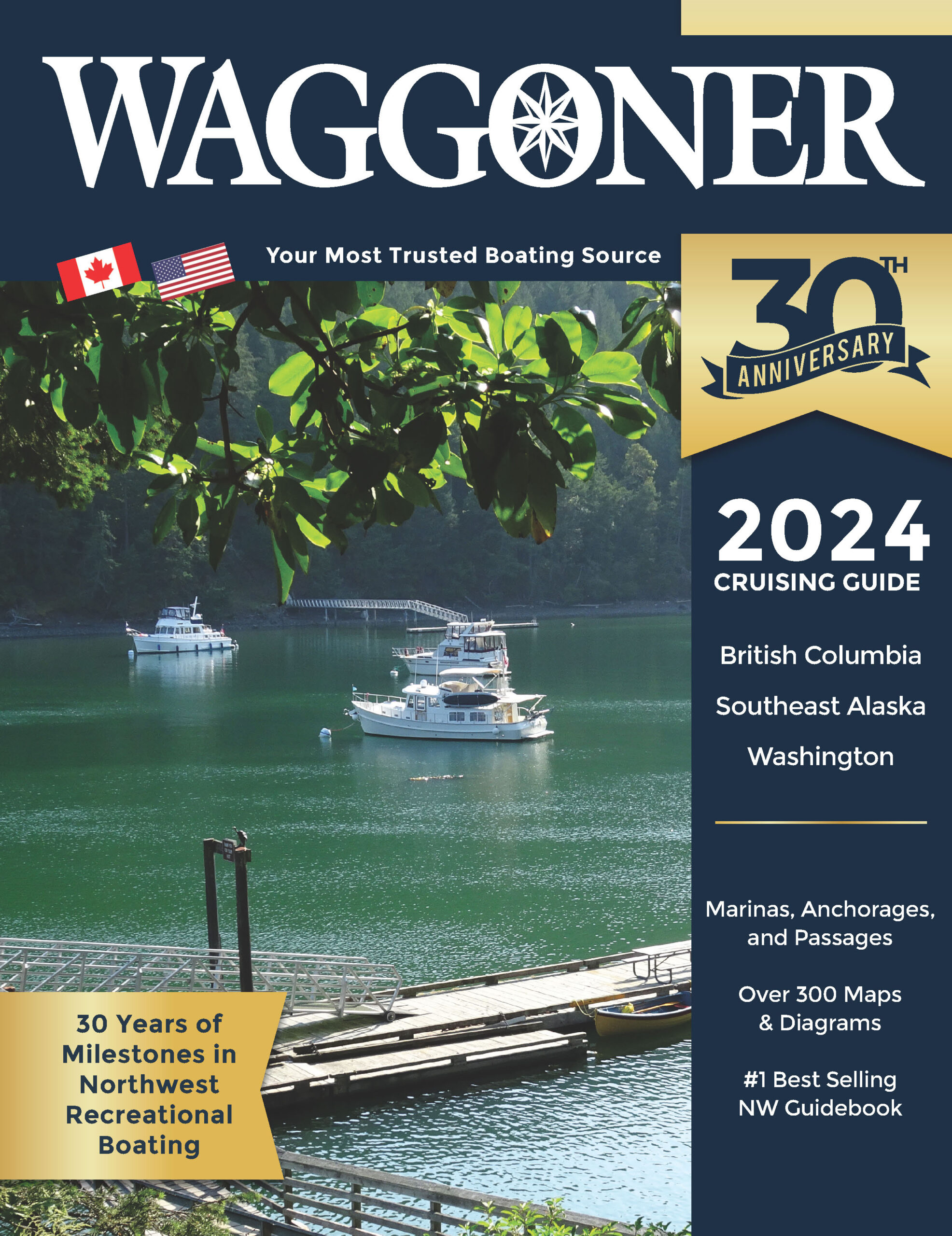In early January 2024, five lobstermen in Maine, with the support of the Sustainable Maine Fishing Foundation, filed a lawsuit in the U.S. District Court for the District of Maine contending that a new ruling that mandates electronic tracking devices on lobster boats is unconstitutional, unwarranted, and unfair to Maine lobstermen.
The rule that went into effect on December 15, 2023 mandates that all Maine lobstermen with federal lobster fishing permits must install and maintain 24-hour electronic tracking devices on their lobster boats and keep them operational when the vessel is in the water.
The plaintiffs contend that the ruling is a violation of their constitutionally protected privacy rights and an invasion of personal and commercial privacy interests. As noted by the attorneys for the plaintiffs, “by virtue of custom and practice over generations of lobstering men and women, the placement of lobster traps and trip routes are coveted as individual trade secrets used by lobstermen to optimize their harvest. Accordingly, these trade secrets have substantial economic value to each lobster fisherman.” Other arguments made in the filed lawsuit by the plaintiff’s attorneys are as follows:
- The Fourth Amendment to the United States Constitution protects people from unreasonable search and seizures.
- The Fourteenth Amendment to the United State Constitution protects people from deprivations of life, liberty, and property without due process of law.
- The Supreme Court has recognized a reasonable expectation of privacy in physical movements captured by GPS monitoring.
- The protections of the Fourth and Fourteenth Amendments also extend to an individual’s right to conduct a business free from government incursion.
- The electronic tracking data is in addition to data that lobster fishermen are already required to self-report about their location.
- The Maine Dept. of Marine Resources did not provide fishermen with any of the manufacturer’s specifications, privacy agreements, dashboard access, or other information associated with the tracker. The selected tracking device is the “TrackerOne.”
- The ruling does not provide any assurance to protect information from further dissemination.
Attorneys for the plaintiffs further argued that the ruling “remains unclear what responsibilities and repercussions will be applied to fishermen unaware of a malfunction of their electronic tracking device, a particular concern given that fishermen are not given access to the settings on the device itself, or if the fisherman is unable to repair the device. Additionally, it is unclear if fishermen are entitled to appeal any fines, penalties, or other enforcement actions levied against them regarding the MDMR (Maine Dept. of Marine Resources) Rule.”
The TrackerOne device is to be installed directly on the fishing vessel either via a USB port or by hardwiring the tracker to the vessel itself. The fisherman is then responsible for ensuring that the tracker remains activated at all times, either by running a generator or by using the vessel’s house batteries.
The American Lobster fishery is one of the nation’s most valuable fisheries. Maine’s lobster supply chain contributes $1 billion to the State’s economy each year, in addition to the value of its actual lobster landings. The Sustainable Maine Fishing Foundation is holding an active fundraiser in support of protecting Maine lobstermen’s privacy interests.
Photo: Sustainable Maine Fishing Foundation





